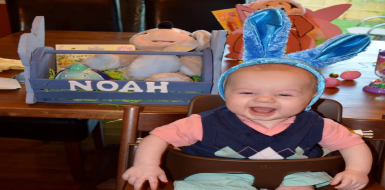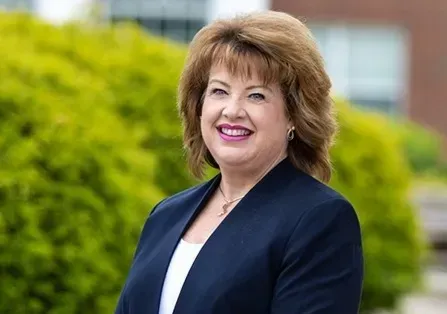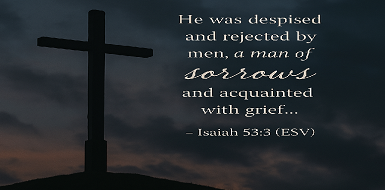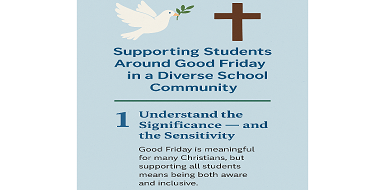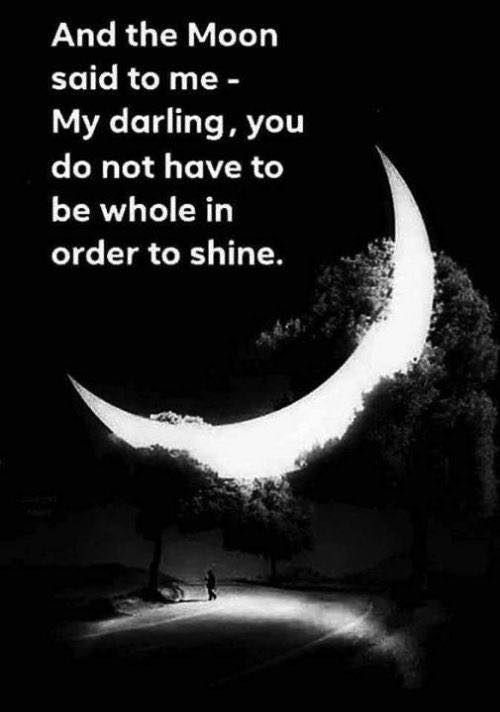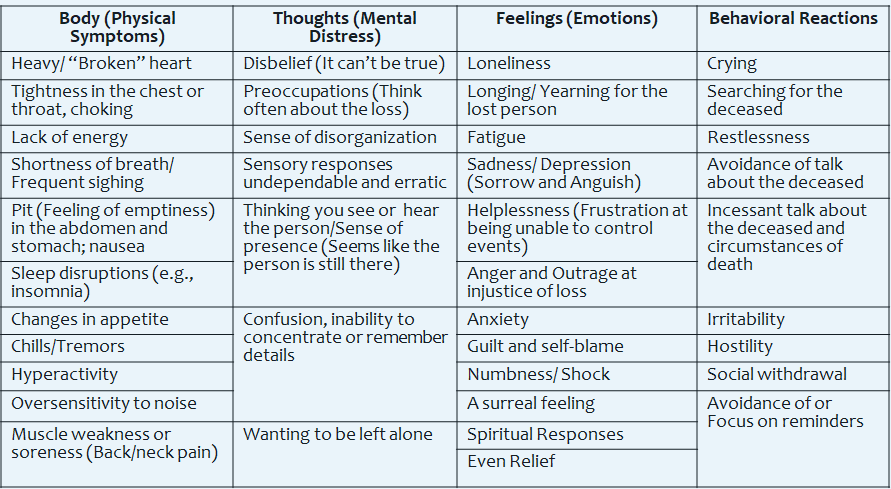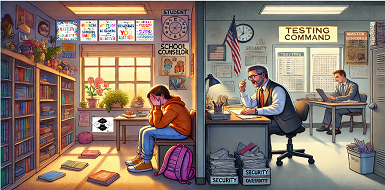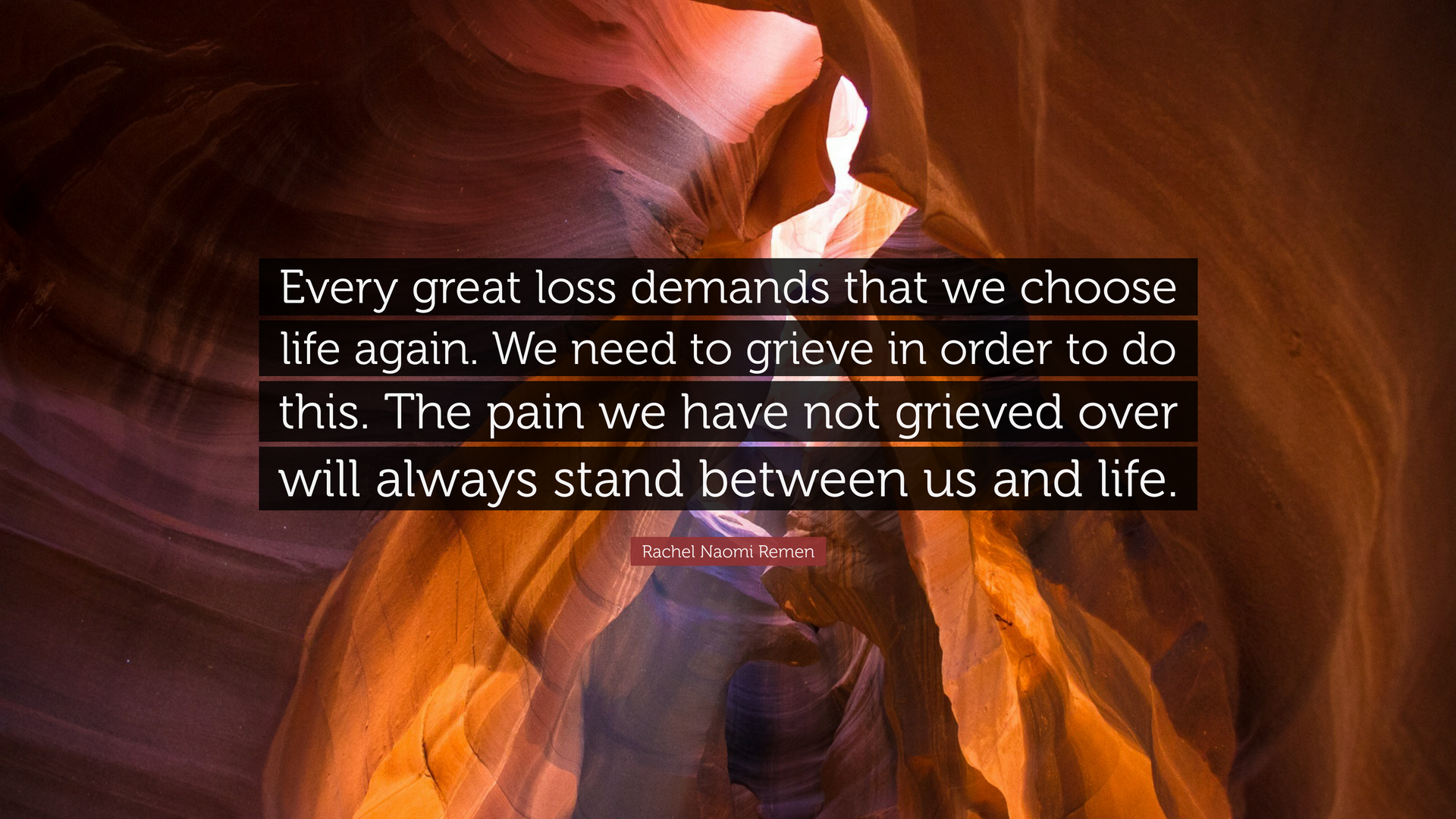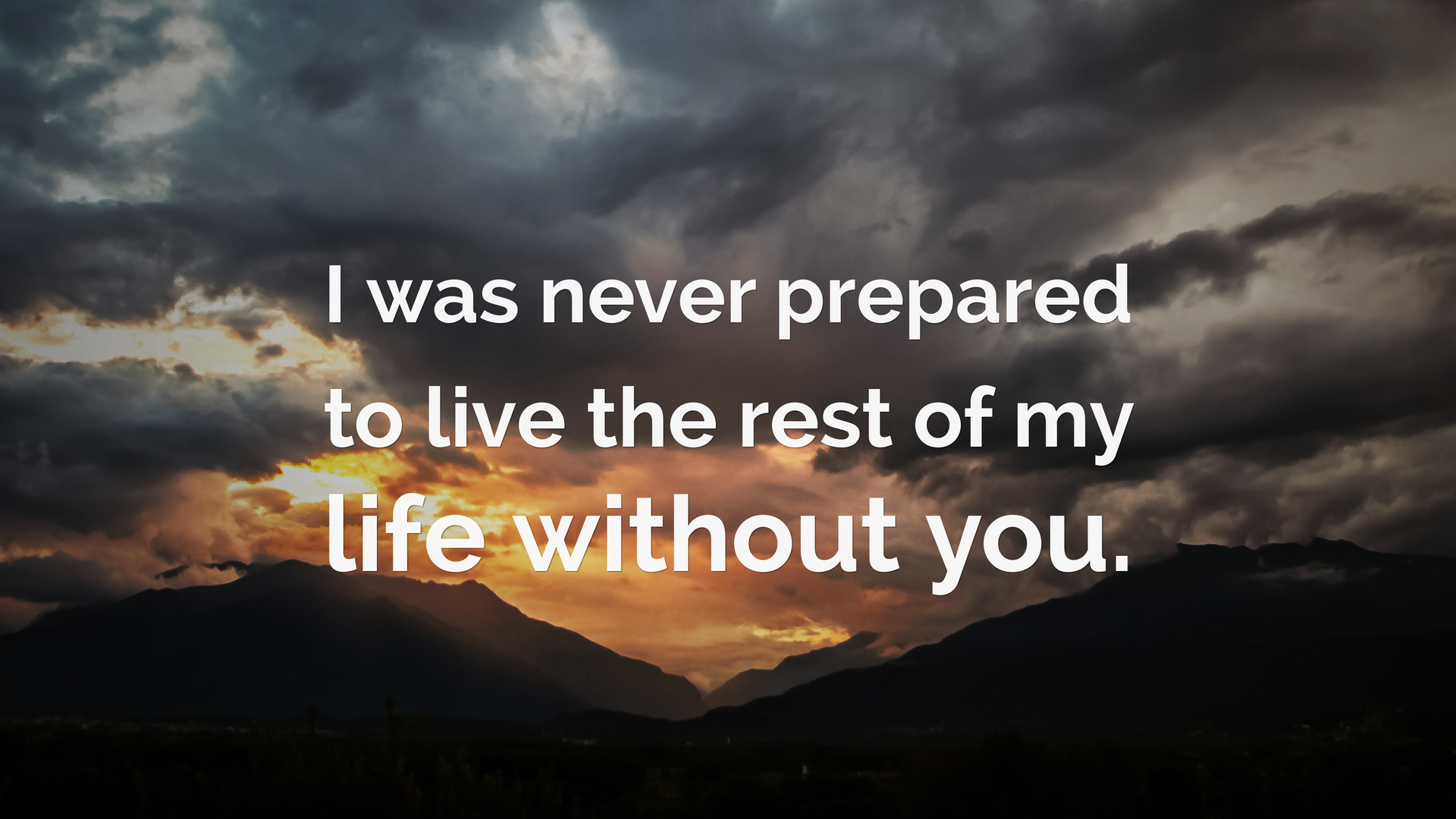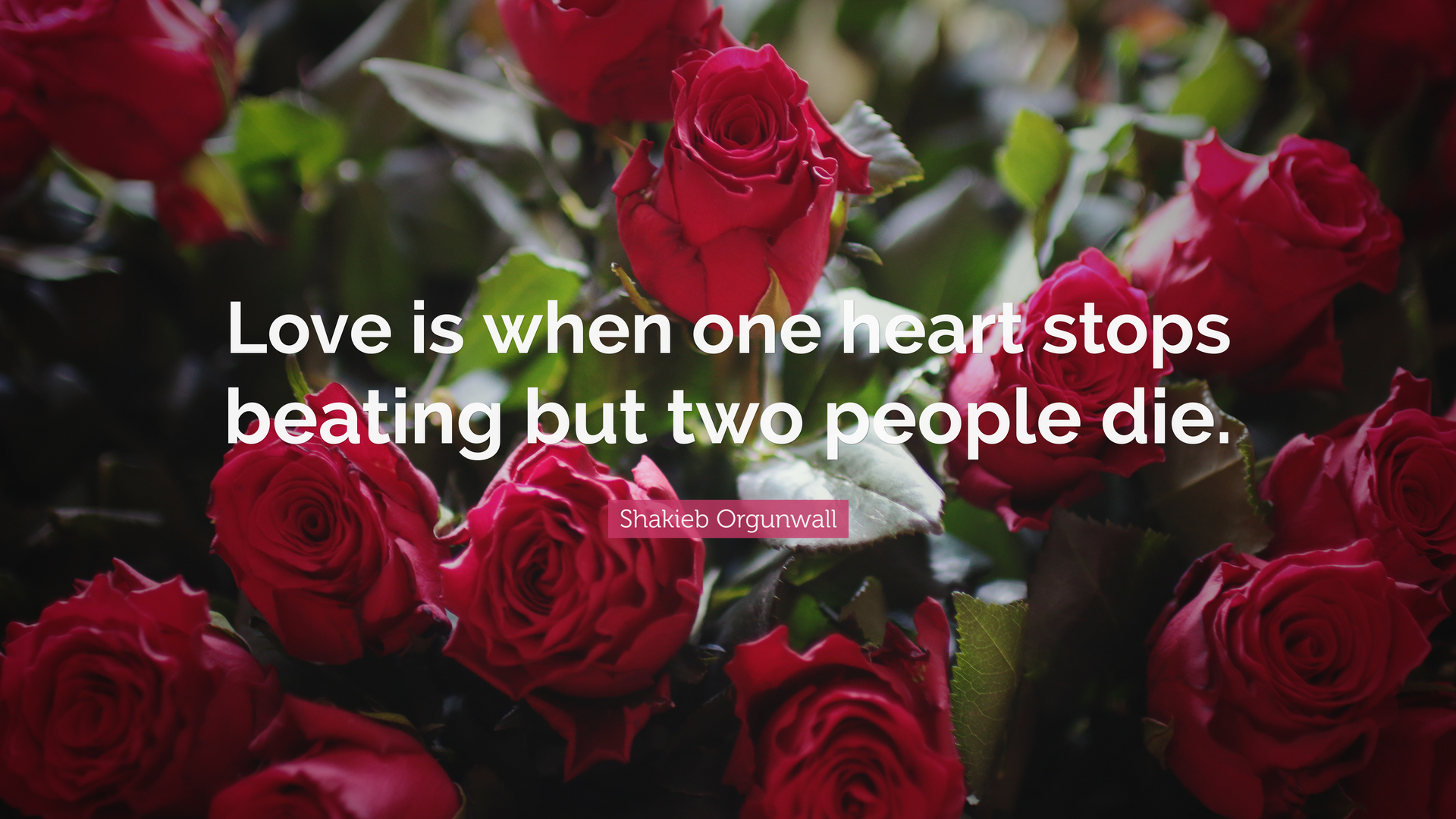2014: Appreciating Health
The Last Year Without Health Problems
This was the last year that you would be healthy for the full year, but it was like one of those "last time you hold your child" moments. We didn't know yet to appreciate health as we should. We take health for granted until it isn't there. Yet, it was like the Lord was preparing us, because we packed a lot in this year:
First Easter with the Grandbabies. We made their Easter baskets to somewhat match David and Lauren's Easter baskets that we used at our house for Olivia and Noah. You built them, and I painted them.
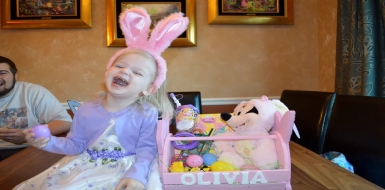




Back to Madeira Beach and Disney World



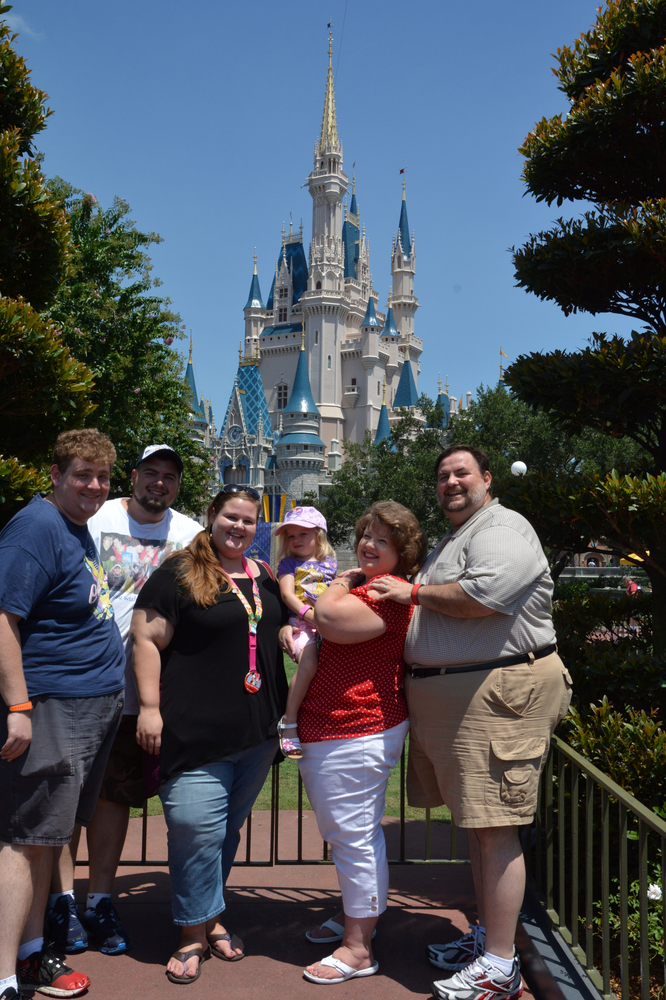

Halloween was festive this year: Hubers, Boo at the Zoo, Bon-fire at the Indiana Farm, and Trick-or-Treating in the Brown's new neighborhood



I am a school counselor turned counselor educator, professor, and author helping educators and parents to build social, emotional, and academic growth in ALL kids! The school counseling blog delivers both advocacy as well as strategies to help you deliver your best school counseling program.
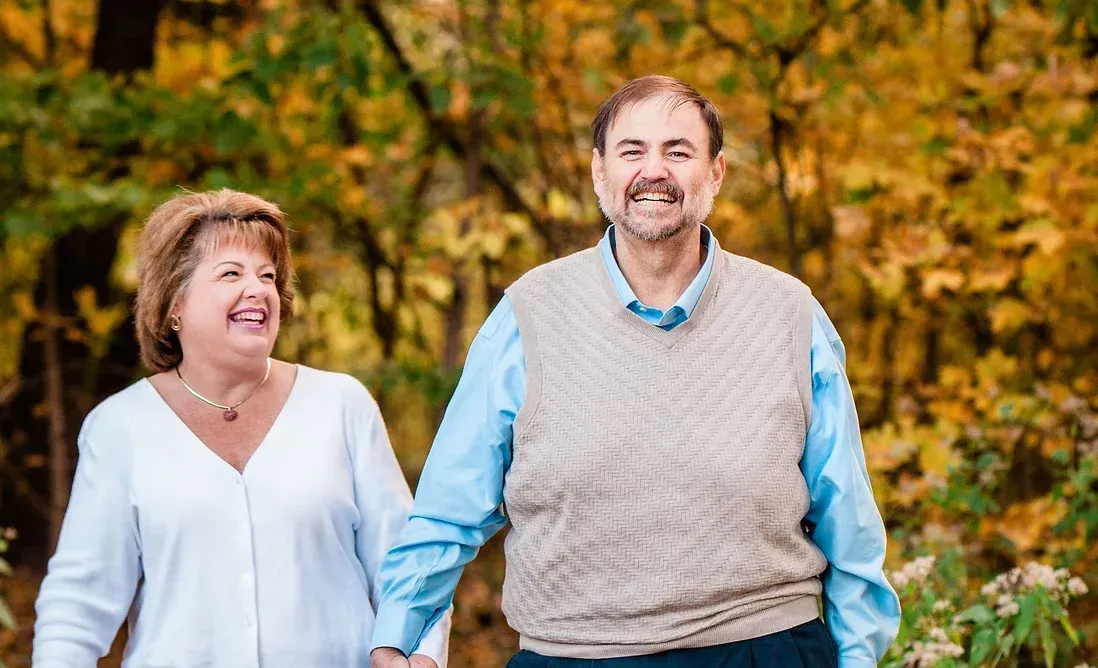
I'm a mother, grandmother, professor, author, and wife (I'll always be his). Until October 20, 2020, I lived with my husband, Robert (Bob) Rose, in Louisville, Ky. On that awful day of October 20,2020, my life profoundly changed, when this amazing man went on to Heaven. After Bob moved to Heaven, I embraced my love of writing as an outlet for grief. Hence, the Grief Blog is my attempt to share what I learned as a Counselor in education with what I am learning through this experience of walking this earth without him. My mission is to help those in grief move forward to see joy beyond this most painful time.
